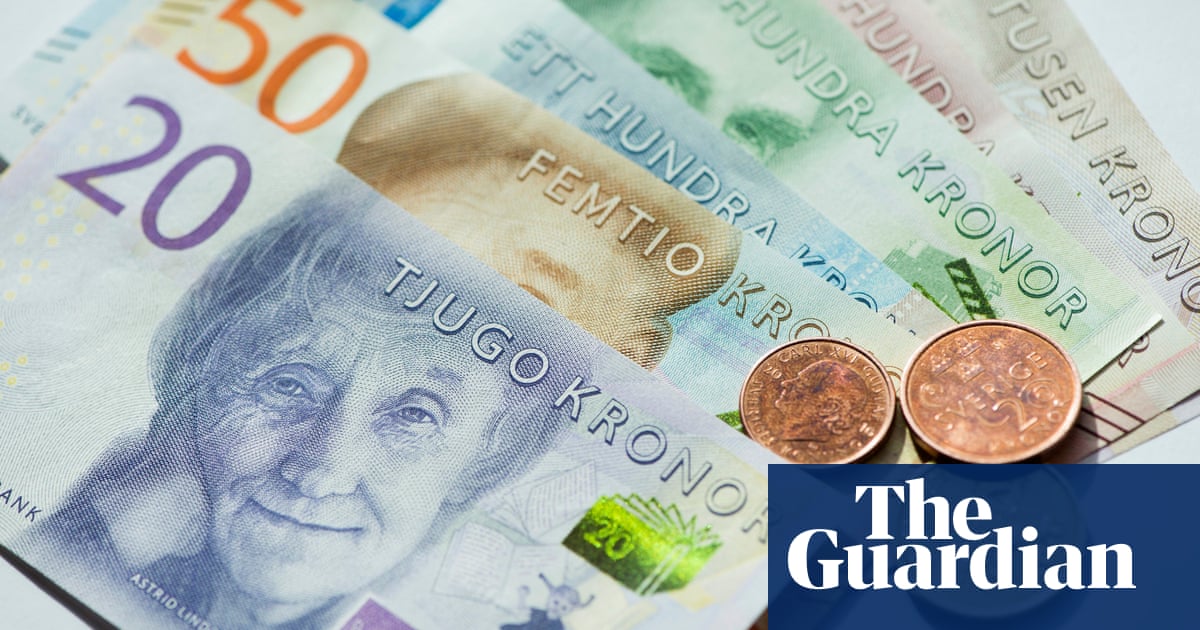cross-posted from: https://feddit.org/post/4262252
A combination of good high-speed internet coverage, high digital literacy rates, large rural populations and fast-growing fintech industries had put the Nordic neighbours on a fast track to a future without cash.
[…]
But Russia’s invasion of Ukraine in 2022 and a subsequent rise in cross-border hybrid warfare and cyber-attacks blamed on pro-Russia groups have prompted a rethink.
[…]
The Swedish government has since completely overhauled its defence and preparedness strategy, joining Nato, starting a new form of national service and reactivating its psychological defence agency to combat disinformation from Russia and other adversaries. Norway has tightened controls on its previously porous border with Russia.
[…]
[Norway’s] justice and public security ministry said it “recommends everyone keep some cash on hand due to the vulnerabilities of digital payment solutions to cyber-attacks”. It said the government took preparedness seriously “given the increasing global instability with war, digital threats, and climate change. As a result, they’ve ensured that the right to pay with cash is strengthened”.
[…]



At least in the US, it’s something like 3% for a business to accept cards, so they bake that into the price for everyone. So with cash, they technically make 3% more for each transaction, but they also have to manage the cash (deposit in bank, withdraw small denominations when running low, etc). Since most people are willing to use credit, it’s simpler, though not necessarily cheaper to just accept digital payments, especially when you just need a small dongle for your phone to accept payments.
So in the US, it’s more of a liability/convenience thing than a cost thing.